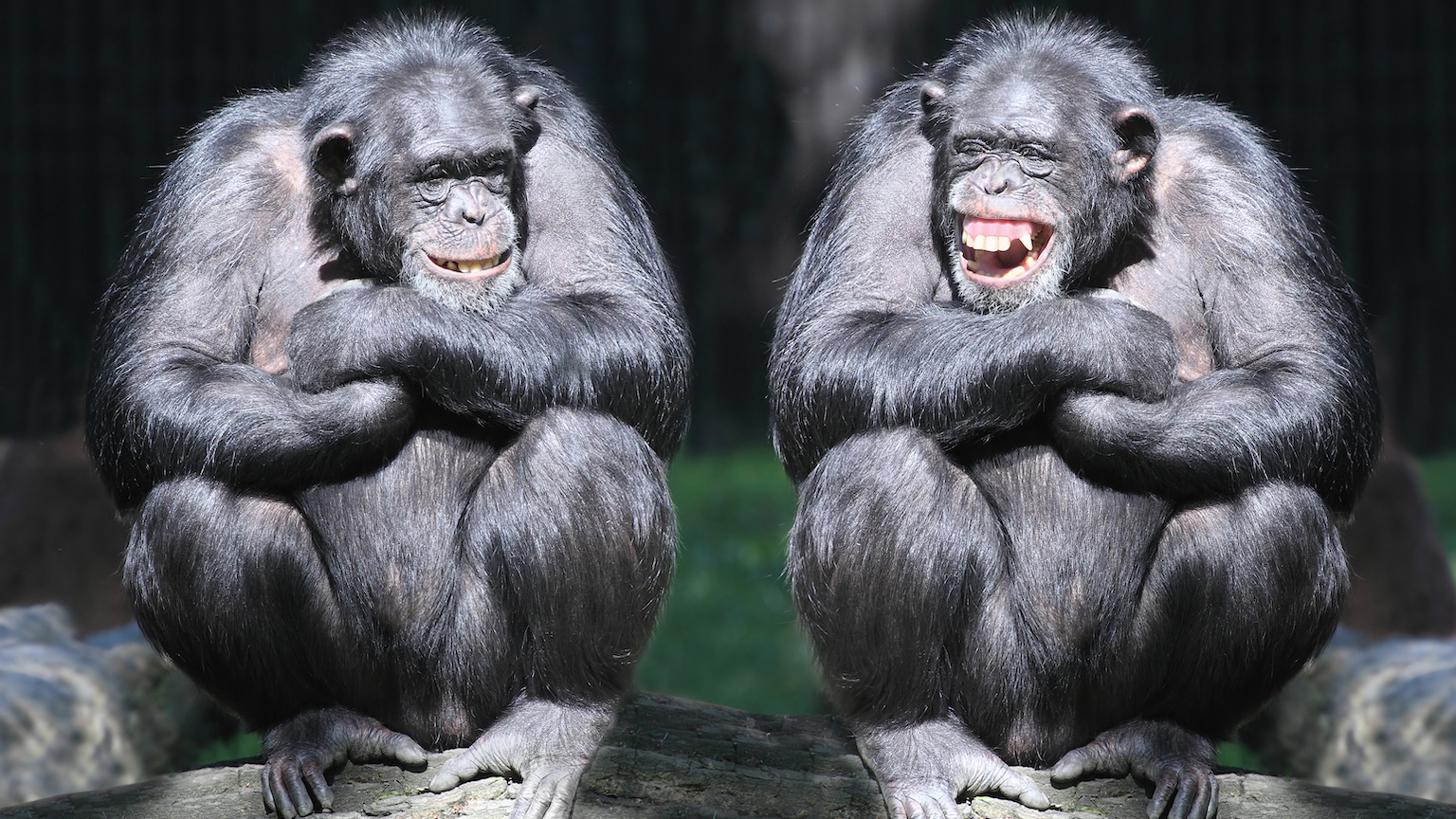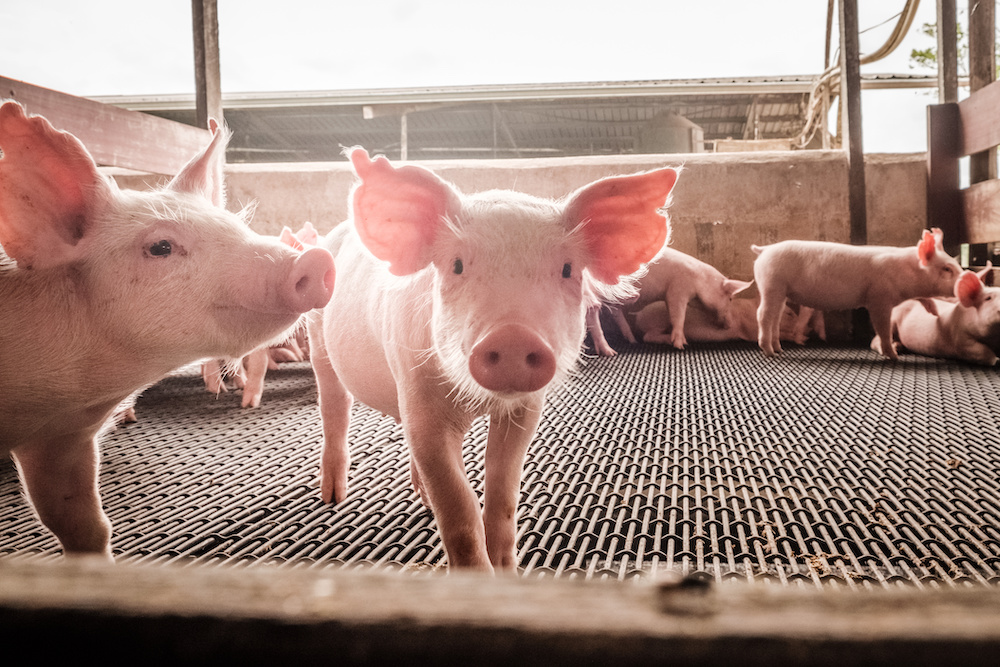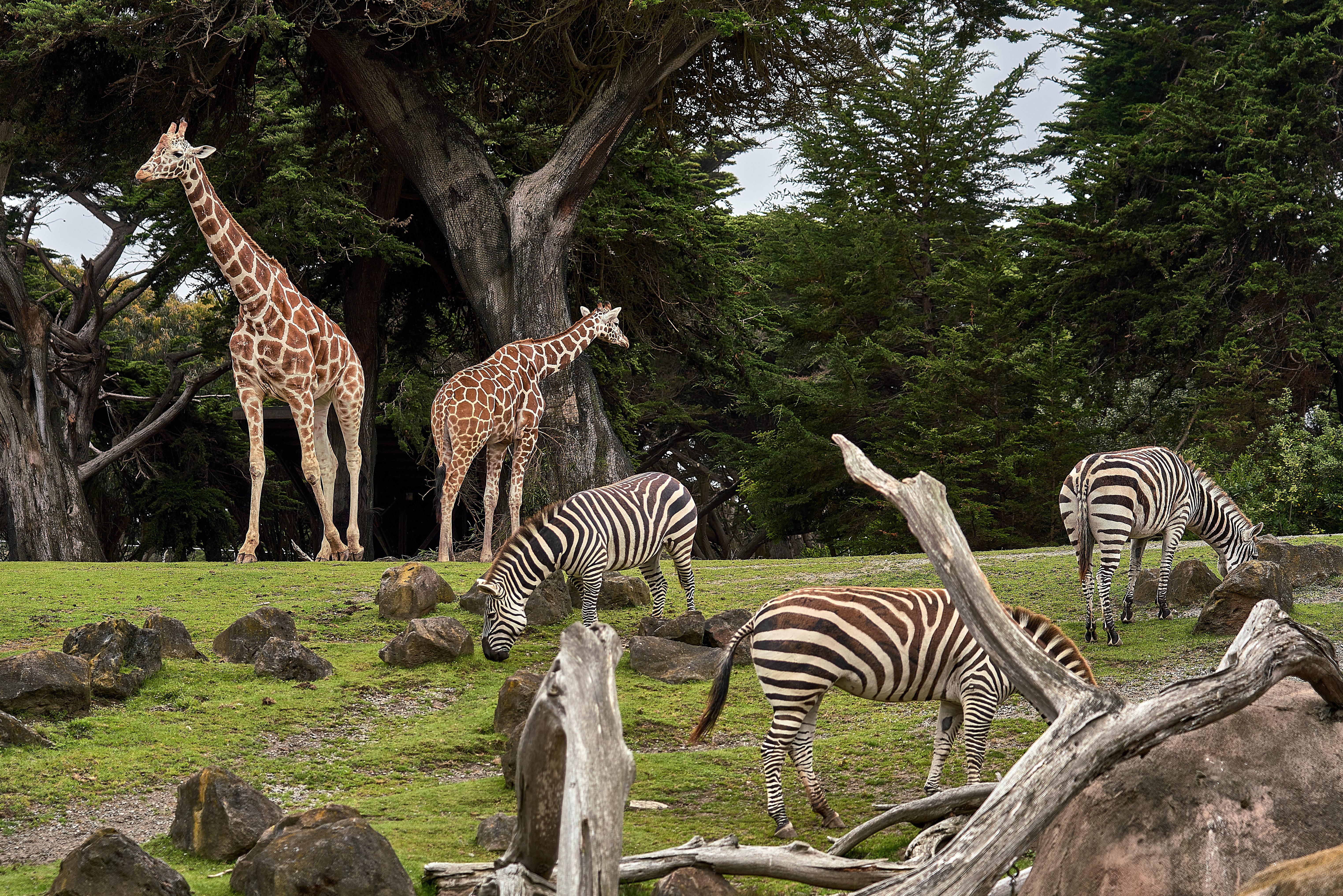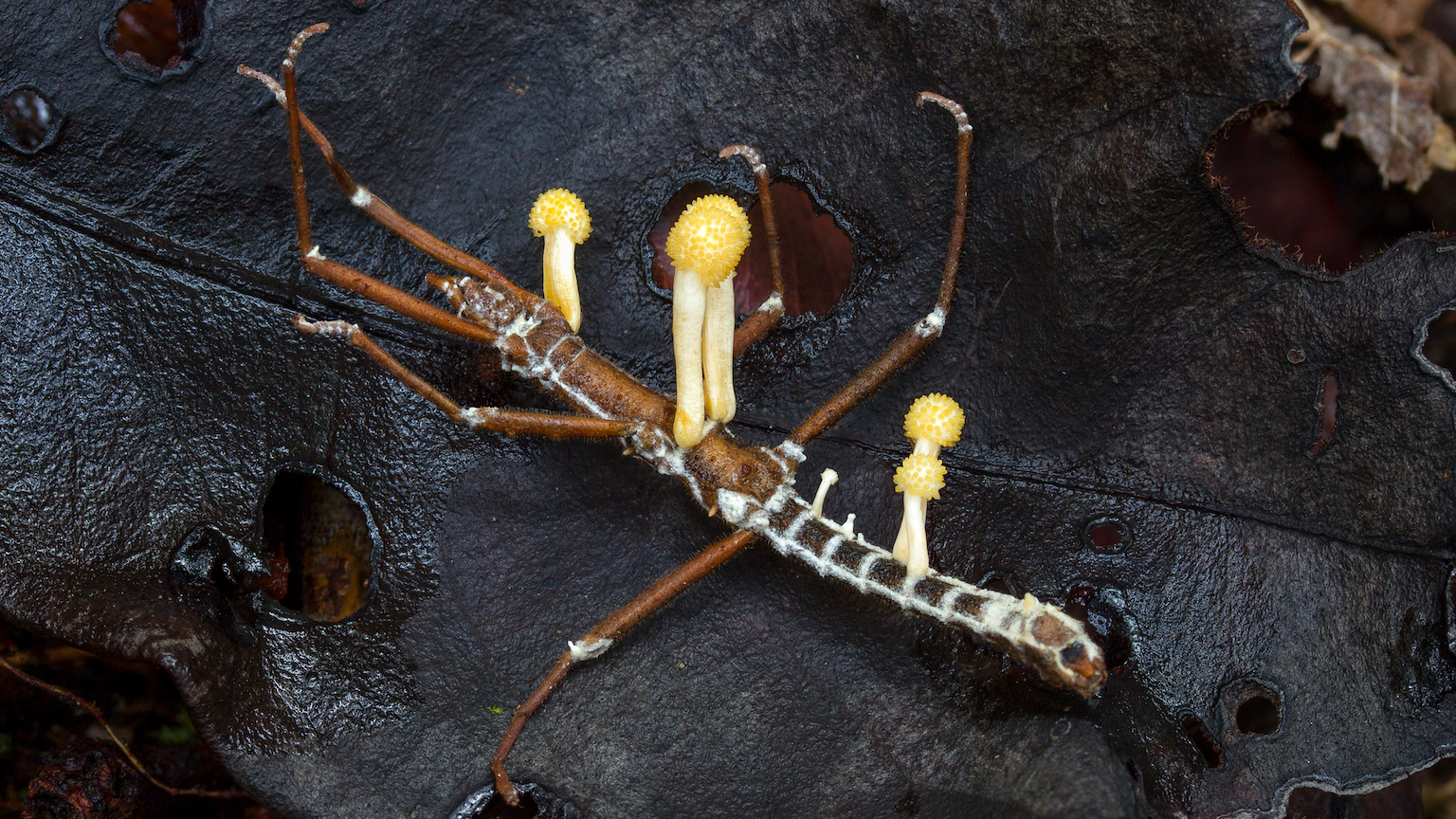The inner life of a lobster: Do invertebrates have emotions?
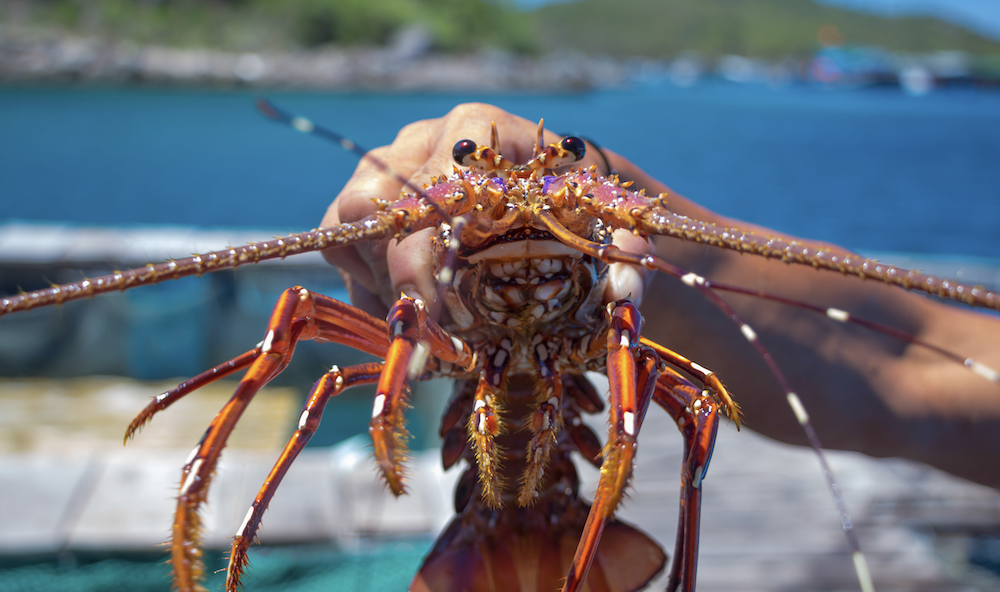
- Do animals feel emotions? Scientists and philosophers have debated this question for decades.
- Some countries legally recognize that animals close to humans, such as some mammals, are sentient and can feel emotions. But only a few countries recognize the sentience of invertebrates like octopuses, lobsters, and insects.
- With hundreds of studies affirming the sentience of invertebrates, age-old moral and legal questions surrounding emotions and our relationship with animals are emerging into popular consciousness.
Ask any dog owner if their beloved companion expresses emotions, and you will probably meet with a stream of immediate, unhesitant affirmations. After all, a dog’s wagging tail is a universal sign of happiness, whereas glassy eyes, lowered ears, and a tail between the legs are all clear indications of stress. But what about invertebrates?
Many people agree that dogs, as well as cats, chimpanzees, and other mammals, have feelings. Most would argue that these animals experience a whole suite of emotions, from joy to distress. In other words, we consider dogs sentient, meaning they can have feelings beyond simple pain. But if you ask anyone to consider the emotional life of a hermit crab, you will probably get a more skeptical response.
The inner lives of invertebrates like hermit crabs recently made news overseas. When deciding whether to add invertebrates to its Animal Welfare Bill, the British government commissioned the London School of Economics and Political Science to assess the evidence supporting invertebrate sentience. The LSE team reviewed more than 300 scientific studies on the topic and came to a firm conclusion: There is solid evidence that mollusks and crustaceans are sentient. The government took LSE’s advice and confirmed that the scope of their Animal Welfare Bill would extend to most crustaceans (including crabs, lobsters, and crayfish) as well as cephalopod mollusks (like octopuses and squid).
Besides the direct legal implications for how the United Kingdom will treat these newly minted sentient creatures, the development touches on some of the most pervasive questions in science, philosophy, and ethics. What is an emotion? What is our responsibility to sentient animals? How do we balance moral responsibility with human needs?
In a compelling perspective piece recently published in the journal Science, Frans B. M. de Waal, a prominent ethologist, and Kristin Andrews, a renowned expert on animal psychology, consider these very questions. The authors challenge us to review our assumptions about emotions.
The science of sentience and emotion
To meet the scientific standard for sentience, an organism must show itself capable of judging an experience as either positive or negative, and of retaining felt emotions. These are defined as measurable physiological or neural states that guide an organism toward adaptive behavior.
For example, a decade ago, research strongly suggested that fish learn from negative stimuli and avoided dangerous locations. Their behavior suggests that fish neurologically process the negative feelings of previous experiences. Instead of making decisions based solely on immediate stimuli — what feels good or bad in the present moment — fish behavior is guided by emotion. Now, most scientists consider fish sentient. With similar research piling up for invertebrates like crabs, bees, and octopuses, Andrews and de Waal argue it is time to stop denying these organisms felt emotions.
Different styles of expression
One of the reasons it is hard for us to accept emotions in these creatures is that we do not have evidence that aligns with our expressions of emotion. We have always believed that humans are very different from animals, an assumption the authors declare questionable, given that humans are animals.
Whereas humans use language to convey feelings, we receive signals from other animals by facial features and other physical signs, like the wagging of a dog’s tail or a smiling chimpanzee. But just because we cannot communicate as easily with a squid does not mean we should immediately assume it has no emotions. Instead, we may lack the ability to perceive and articulate their emotions within the limitations of our emotional landscape. As Andrews wrote, “there is no justification for privileging verbal report over other means of communication or expression. “
We can use other physiological measures of emotion that are conserved across many organisms — even worms. For example, when presented with a stimulus, an animal might exhibit an emotional response that can be measured by changes in temperature, brain activity, eye dilation, or hormone concentrations.
Andrews and de Waal acknowledge that we do not have direct evidence of feelings in other animals. But they argue that we also only have indirect evidence of human feelings — none of us can experience the emotion of another. Given the mounting evidence supporting animal emotion, it seems that we should extend the same evaluation of emotional capacity towards organisms (including invertebrates) that share evolutionary similarities in behavioral and physiological expressions of emotion.
Moral implications
Part of our collective denial of animal emotions is steeped in our history of animal exploitation. It is much easier to throw a lobster into boiling water if we do not believe that lobster has feelings.
In contrast, declaring an animal sentient comes with many moral obligations. If a lobster experiences emotions, it will have a vested interest to avoid being thrown into boiling water. If given a choice, the lobster would not consent to this or other forms of pain.
Human activities profoundly impact millions of organisms. Thus, given our disproportionate impacts on other animals, we must consider that some organisms may not have the power to articulate their emotions or consent.
To take one example of how our understanding of emotions changes: Would you perform open-heart surgery without anesthesia on an infant? Clearly, this act would be considered inherently inhumane and intensely cruel. However, until the 1980s, performing surgery without anesthesia on infants was a common practice, because scientists did not believe that babies could feel pain or emotions.
We behaved as if infants had no pain until the counterevidence was so strong that the ethical implications became shocking. Now, we may be reaching a similar point with invertebrates.
As the authors write: “Recognizing widespread animal sentience requires us also to notice — and consider — our impact on other species. This way, animal sentience is bound to complicate an already complex world.”
